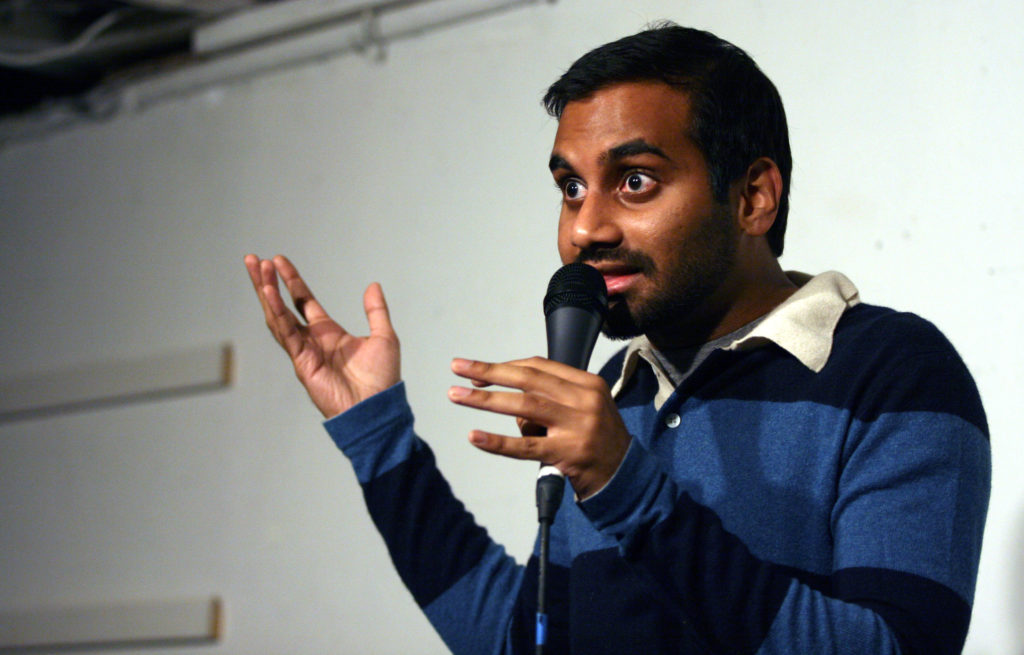Editorial: The backlash to Aziz Ansari scandal is discouraging for us all
January 25, 2018
Master of None is a strikingly ironic name for Aziz Ansari’s award-winning television series considering his recent alleged involvement in a sexual assault scandal, in which he is painted as a powerful predator.
The piece published on Babe was written by Katie Way, who told the story of a woman with the pseudonym Grace. Ansari allegedly took Grace on a date, brought her back to his apartment and repeatedly tried to have sex with her, despite what Grace described as both “verbal and non-verbal cues” that she was uncomfortable. Now, there is heated debate swirling on the internet about whether Grace’s public accusation of Ansari is valid or invalid.
We spend so much time debating the merits of Grace’s accusations, however, that we forget to analyze what the debate itself says about our society and the feminist movement. The responses to the accusation are more telling than any argument over its validity.
Some may criticize the anonymity of the accuser, but the aggressive negative response validates her choice to remain anonymous. She was afraid of being insulted, of not being believed, of the negative effects that she would feel for much longer than a charmed celebrity like Ansari.
And then we look at the story itself. Many are criticizing the account as just a bad date, not sexual assault or anything aligned with the #MeToo movement. Some even blame Grace for not refusing his advances more adamantly.
Yet her alleged experience was sexual assault to a degree and, at the very least, a display of the power given to men in our patriarchal society. Just because Ansari didn’t violently rape Grace or technically break the law doesn’t mean he was in the right. Ansari allegedly pushed for unwanted sexual contact, which is the definition of sexual assault.
We need to stop dismissing people who come forward with these stories. Saying no to sexual advances is a right that needs to be carefully respected, not a privilege. It must be acknowledged that we have all been brought up in a patriarchal society, and this background can make even a self-proclaimed “feminist” commit sexual assault.
Ansari identifies himself as a strong advocate of feminism, using his stand-up shows to comment on how women shouldn’t have to worry about “creepy dudes” and donning a “Time’s Up” pin at the 2018 Golden Globes. However, he can still be at fault. Unintentional actions do not equate to acceptable actions.
Ansari’s actions that night may have been unintentionally aggressive. He may not have been conscious that his continual advances to have sex, even after Grace asked him not to force her, were a manipulation of his power over her as a man and as a celebrity. Yet, they were.
That Ansari was “surprised and concerned” upon discovering the woman felt pressured does not make what he did acceptable. Just because he is funny does not make what he did acceptable. There can no longer be excuses for sexism simply because we like someone.
If we are put off by the accusations made against Ansari, then we’re not as progressive as we claim to be. The type of date detailed by Grace is not an uncommon scenario, and that needs to change. As long as we turn a blind eye to the inherent and subtle sexism in our society, we will never be able to achieve the true goals of the feminist movement.
Ignorance may be bliss for men, but not for their victims.

















